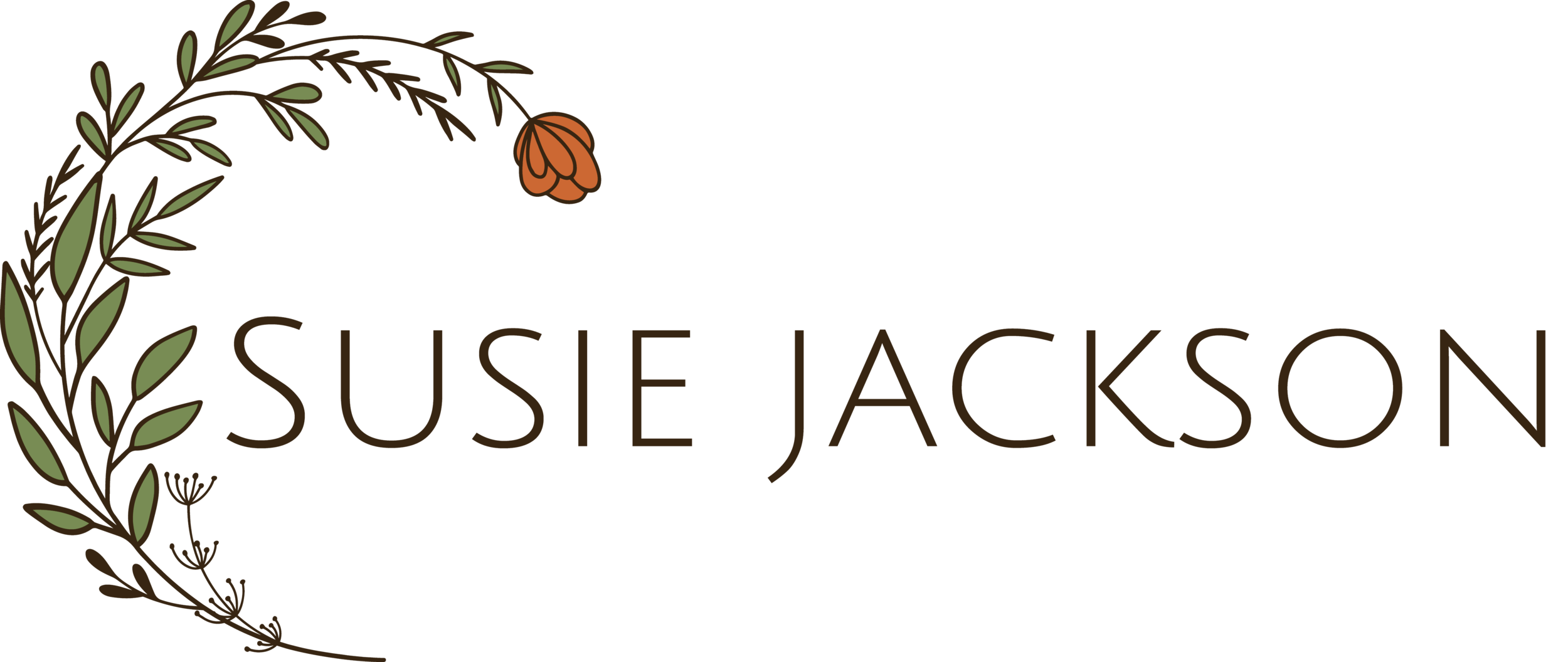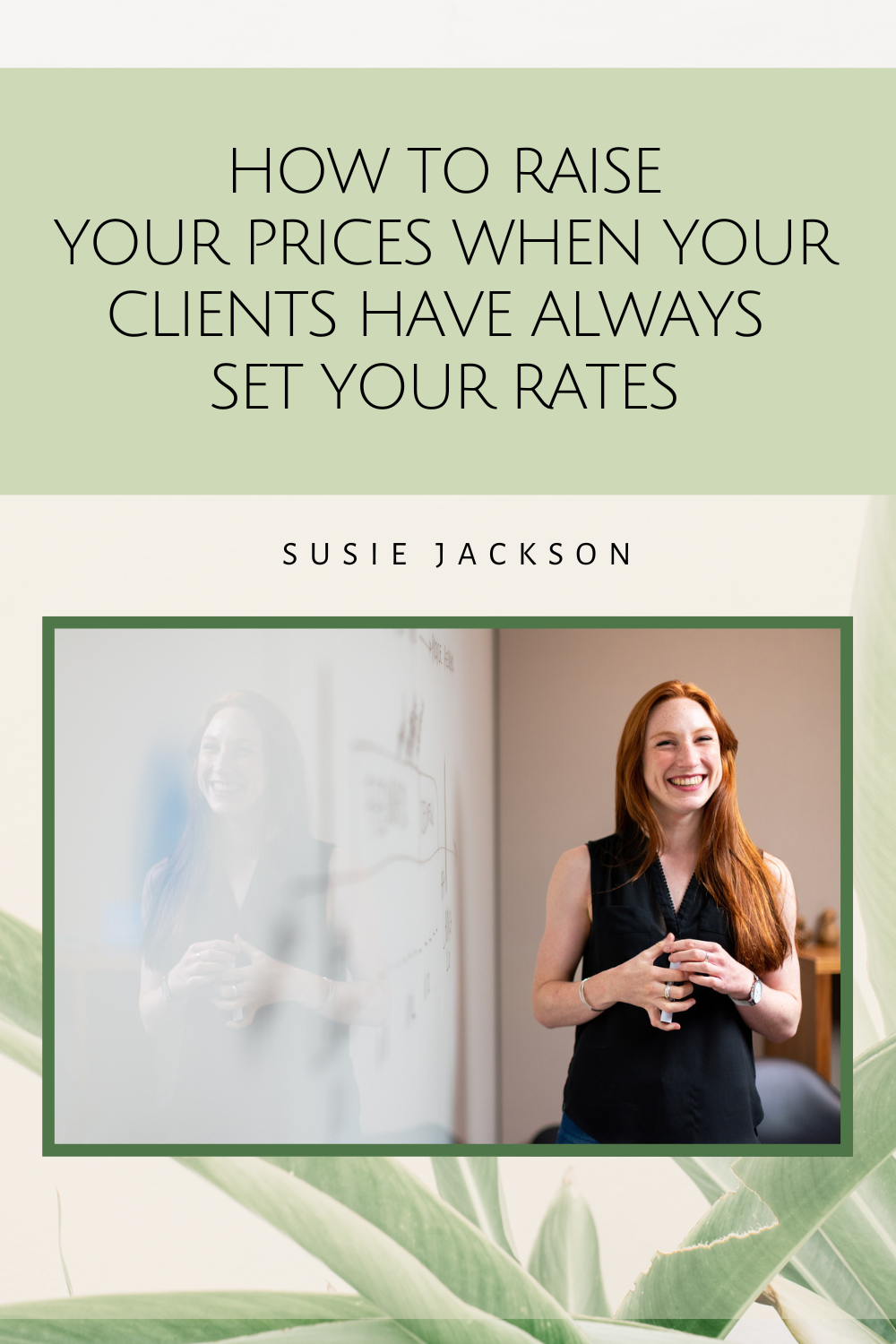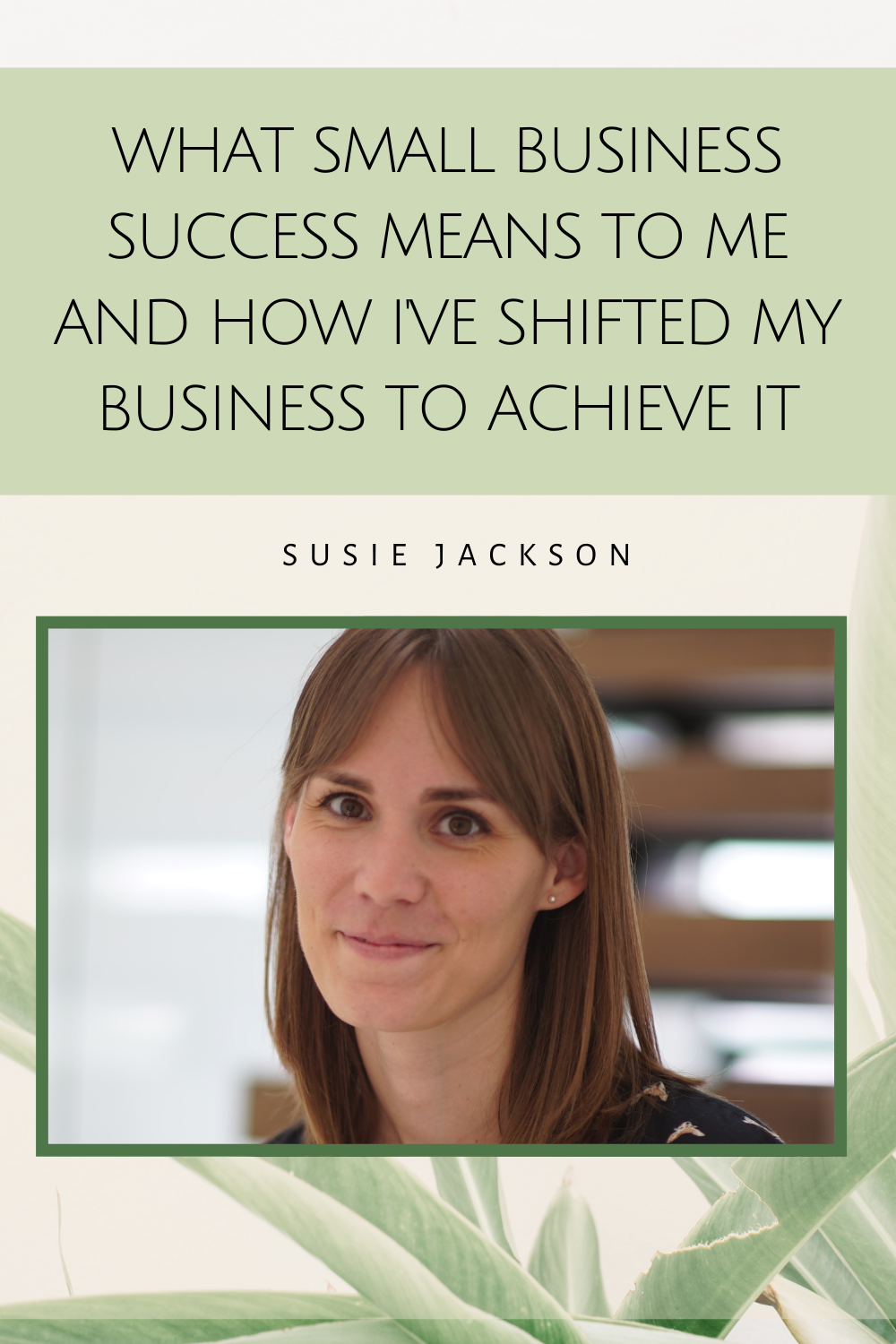What Small Business Success Means to Me and How I've Shifted My Business to Achieve It
I’ve spoken a lot in recent months about why your version of success will have an impact on your business. What success means to you will not only affect your business finances but also the kind of customers you have and the number of hours you work. This is because what you want from your business should ultimately determine how you develop it.
To give you an example, if you decided to work for yourself so you could benefit from the freedom and flexibility of freelancing, your priority might be to work fewer hours or to work at times that are convenient for you. In such cases, it would make sense to market your services to clients who allow you to earn a high hourly rate or who don’t send you urgent same-day requests.
Unfortunately, over the years, I’ve seen lots of freelancers and small business owners grow businesses that don’t necessarily reflect their priorities. This is why I created my mentorship programme Shift to Success: to help freelancers get back on track and adjust their businesses to align with what matters to them.
Developing a business that fits with your values and priorities isn’t easy. It takes work, dedication and commitment. I didn’t get it right the first time either. In fact, I think it’s very unusual for things to fall into place straight from the off. You learn so much while running a business, and your circumstances and priorities frequently change along the way.
In this blog post, since I often talk about making changes in your business to reflect your version of success, I’m sharing how I’ve shifted my business in recent years to reflect my version of success.
Small business tips for success
When I first started my business, it looked nothing like the business you see today. I originally began working as a freelance translator and copy editor alongside my job as a university administrator. I needed to make some extra income so I could travel to and from the US where my partner was working at the time. After being in a long-distance relationship for 18 months, I quit my job and decided to take my translation and editing business full time to give me more flexibility. I now use the experience I’ve acquired over the years to mentor other freelancers and small business owners, and I absolutely love my job.
By sharing some of the changes I’ve made in my business, I want to show you how I’ve shaped my work over time to fit with what’s important to me. I hope these six shifts will give you some ideas and inspiration for changes you could make in your own business too.
Successful small business ideas
1) Setting aside time for your mental health
I’ve made no secret of the fact that I struggle with anxiety, and there are various ways this affects my work and my business. But getting out into nature is something that I know supports my mental health. So I’ve made sure I make time for it!
I currently dedicate 1 weekday per month to getting out into nature. And I’ve allowed myself to do this by building these days when I won’t be working into my pricing calculations. I’ve considered 12 mental health days per year specifically for this purpose, on top of my usual holiday allowance.
In Charge with Confidence, I show my mentees how to calculate their minimum hourly rate to take into account the number of days they want to work each year. I’ve used the same method to factor in 12 days to step away from my desk and appreciate all the things nature has to offer.
Knowing that these days have already been accounted for helps me make sure I use them and stops me feeling guilty or as though I ought to be working instead.
Could you think about building extra days into your pricing calculations for self-care or for something else that matters to you?
2) Doing work that reflects your values
At the beginning of my journey when I was focusing solely on translation and copy editing, I felt as though there was something missing. One of my values is human connection, and I sometimes found it lacking in my language work.
Now that I also mentor other freelancers and small business owners, my need for connection is fulfilled in my teaching and 1:1 calls. I find them so invigorating, and my work feels so much more rewarding.
If you feel as though there’s something missing in your work, perhaps you could think about offering an additional service or branching out to help you feel more satisfied in your day-to-day activities.
3) Creating a schedule that works for you
We don’t all function optimally during ‘standard’ working hours, and being able to set your own schedule is one of the best things about being your own boss!
It takes time and experimentation to understand what works for you and when you tend to produce your best work. But once you do, you can use this information to your advantage.
I personally find that my energy levels have a tendency to slump in the afternoon. I’ve therefore developed a schedule that allows me to work from 8/9am to 2pm when I’m at my most productive. I then take a long lunch break during the afternoon when my energy levels drop before going back to work for a couple of hours in the late afternoon/evening if I need to. This feels like a much more spacious schedule for me and supports my general well-being.
4) Developing boundaries
I’m often in different time zones to many of my mentees, so I was initially starting calls as early as 7am to accommodate what I thought my clients needed. I didn’t think I minded too much because I’m a morning person, but my mornings always felt a little bit rushed.
Now I have stronger boundaries and open up my availability for calls from 9am so I can either have a leisurely start to the day or use those first couple of hours when I find I'm most productive for focused tasks.
Speaking to my mentees, I’ve seen that they often feel pressure to get started on their work early in the morning. But if you’re not a morning person, there’s absolutely no reason why you shouldn’t shift your work to a later time instead. Devise a schedule that works for you and your strengths rather than your weaknesses!
5) Theming your days
Despite my desire for human connection, I’m an introvert and therefore need to protect my energy levels. I do this by theming my days and grouping all my calls into 2 or 3 days a week. I save the other days for head-down, focused work when I know I’ll be able to concentrate.
Theming your days can be really helpful as it can save you from switching between tasks, allowing you to maintain your focus.
You can theme your days however you want so they work best for you. Some of my mentees dedicate different days to different clients, while others set aside 1 day a week for working on their business rather than in it.
6) Outsourcing time-consuming tasks you don’t enjoy or aren’t very good at
In 2020, I began outsourcing the unpaid areas of my business that aren’t my zone of genius: graphic design and copywriting. Doing all my content creation myself had been taking up a lot of my time. But by outsourcing these tasks, I’ve freed up much more headspace so I can focus on serving my clients in the best possible way.
Not only this, the standard of the content I'm putting out into the world is much higher, which I'm sure has helped me gain visibility as an expert on finances and pricing over the last 2 years.
If there are any areas of your business that you find time-consuming or simply don’t enjoy, maybe you could consider outsourcing them to someone else. Besides graphic designers and content writers, many of my mentees find themselves hiring accountants, proofreaders and virtual assistants.
Outsourcing tasks that don’t play to your strengths will save you time and will also potentially improve the quality of your output.
I really hope that seeing the changes I’ve made in my business will encourage you to think about what you could do to better align your business with your priorities.
If these ideas have inspired you to make a change in your business, you might be interested in my mentoring programme Shift to Success. Over a period of 3 months or more, we’ll look at what success means to you before taking action to make sure your business fits with your aspirations.
If you’d like to make some changes in your business to reflect your version of success, click on the button below to find out how I can support you on your journey.
Hi, I’m Susie
I mentor freelancers on pricing and business finances so you can earn a decent living doing what you love.
I’m a translator, editor, chocoholic, crochet addict, animal lover, and budding gardener (get it?) who loves empowering others to achieve their goals.













